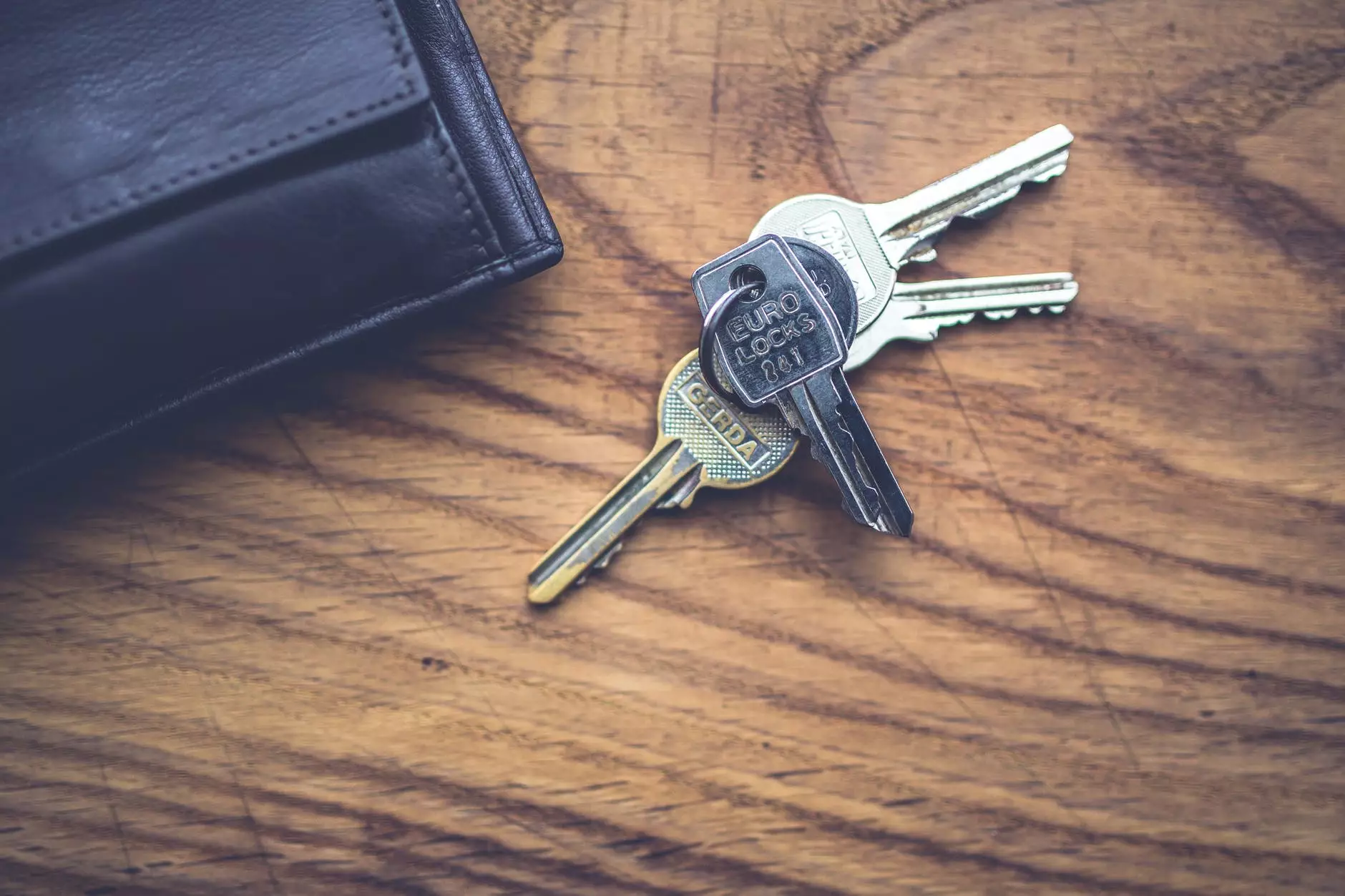
A woman has shared a detailed guide for anyone who needs to get out of an abusive relationship.
The post, which was split into different categories including finances, work, possessions and housing, was shared to Facebook by a woman called Maddie.
Maddie offered her best advice on how to get out of an abusive relationship, as well as how to cope after successfully leaving.
Advert
The guide started by advising people on how to handle their finances, as she suggested opening a brand new account with a new bank, adding that the card should be collected from the branch rather than sent him, and should be well hidden.
"Open a new bank account with a new bank, ensure that statements are online only and to a new email address that isn't linked to your phone.
"Pick up the card from the bank and hide it well. Amongst the abusers things is usually safe, as they won't go looking there."
Advert
Maddie suggested hiding the bank card "under the sole insert in a shoe" or in an unused board game at work.
She went on to say that victims of abuse should start putting "what they can" into the new bank account, and to avoid downloading the banking app to their mobile phone.
"Any birthday money from friends or family, an unnoticeable amount from your wage," she suggested.

The guide also recommends that if victims start filling an empty bottle of Coca Cola with coins, they could save up to one thousand pounds.
Advert
"If you have debit/credit cards, report them stolen so the abuser can't access them once new numbers are provided," she said. "Finances to reply on are a must to ensure you don't break and run back to fake promises."
Next, the guide goes on to discuss setting up a new phone so their new partner cannot contact them.
"Buy a cheap phone for under $50 (£26) and a spare sim, set that up and hide it, fully charged. You will need this when you turn your main one off to ensure he can't contact or track you."
Maddie suggested victims should slowly start discreetly sending important items to their loved ones, in addition to selling things they don't need in a bid to make more money.
Advert
"Start sending important things that won't be noticed missing to loved ones, work or storage. Things like photos, jewellery, ID, passport etc and not all at once, this is over time," she wrote.
"For any clothes you can't carry in a bag, but you want to keep. Do a 'clean out', say you are donating them and get them somewhere safe.
"If you can, start selling things worth value that you don't need and will not be noticed as missing, put that money in your new account."

Then, the guide discusses how someone can manage to keep their job while getting out of an abusive relationship. Maddie recommends that victims tell their boss what is going, in order for them to understand why you're doing what you're doing.
Advert
"If you work, tell your boss what is happening so that they can be understanding for when the time comes, and also so the abuser can't sweet talk information out of your colleagues," she wrote.
"Some workplaces provide DV leave, or you could take it under compassionate leave. If you work for a corporation, ask for a transfer.
"If not, have your working hours randomized for a while to ensure you don't have a continuous or steady work schedule."
Maddie, who is thought to be from Australia, then went on to highlight why it's important to let the department of human services, known as the Centrelink in Australia, know about what's going on.
"Let Centrelink know of your plans and fill out any necessary paperwork required for your future change of circumstances," she explained.
"If you are moving to single parent payments, get the ball rolling as it can take a few weeks to finalise on their end. And make sure all correspondence is sent to your new secret email address."
When it comes to telling family and friends, Maddie says it's essential to get help from the people closest to you, particularly when children are involved.
"You may have lost some by this point, but that doesn't mean that they won't try and help you. Reach out, help is necessary, especially if kids are involved," she said.
Maddie also included a checklist in relation to housing, stressing the importance of finding alternative accommodation before leaving the relationship.

Victims who rent are encouraged to speak to their letting agent in private to get advice on how to get out of the contract, then they are advised to join donation groups to help get them set up.
The guide also urges people to speak to churches and anyone else who might be able to help, adding that they could be "fast-tracked" if they have children.
Maddie recommends people move in with family or friends, or speaking to a refuse if this isn't possible, adding: "DO NOT LOSE FOCUS, you are much closer to freedom than you think."
She says it could be a good idea to alert police of your plans, in case something goes wrong, highlighting they can help you "get the remainder of your things at a later date."
If children are involved, Maddie said: "You either take them with you at the time, or have someone you trust do it. If they are at school, you need to let the school know in advance so that the abuser can't collect them from there, ever.
"You also need to get them out of that school early and not keep to your normal routine. Change schools if you need to. This advice includes preschool."
If pets are involved, people are recommended to talk to a local animal welfare charity who should organise a "free foster carer to care for your animals until you are settled."
When it comes to actually leaving, Maddie suggests victims "find a day that the abuser will be away for a few hours."
She said: "Be nice leading up to the event, plan the weekend, dinner etc. This will keep the abusers paranoia low, they will think they have you right where they want you."
The guide adds that victims should only pack what's necessary, "you don't need more than one brush, you don't need your toiletries - they can all be replaced. ESSENTIALS ONLY! Bags are heavy."

Maddie adds: "You want to be hours ahead before the abuser realises what's happened. Do not linger, that home is not your happy place."
By the time you come to leaving, "you should have your money in your accounts and a new phone.
"Your kids and pets organised, your irreplaceable belongings should be safe elsewhere, and you should know exactly where you are headed once you close the door on this chapter in your life."
Maddie's final advice, once victims have managed to leave the abusive relationship, is to change banking, social media, PayPal and email addresses and passwords.
She also recommends blocking the person on social media, as well as changing all your social media names, profile photos and blocking their phone number.
"The abuser is the most dangerous when they realise they have lost control of their possession (you). Changing all of your social media setting and names is a must, as it is too easy to find anyone these days," Maddie says.
"The abuser will try anything and everything, even suicide threats to get your attention. Do not fall for the games as the abuser is just craving any information on your whereabouts to feel like they are gaining some control back."
Finally, she added that it is "vital" to cease all contact with the abuser to avoid being lured back into the abusers control.
"You are worth more than that," she said.
Anyone suffering at the hands of domestic abuse can call the Domestic Abuse Helpline on 0808 2000 247, 24 hours a day, seven days a week. Help is always available.
Topics: Life News, Real, Sex & Relationships, domestic abuse